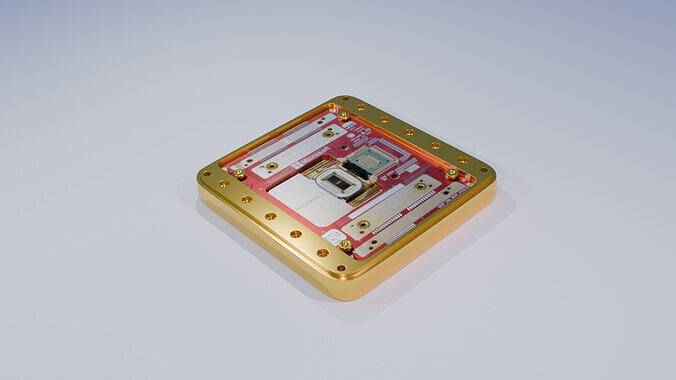
Majorana 1 quantum chip 3D model
The Majorana 1 chip is a type of quantum computing chip designed to exploit Majorana fermions, which are hypothetical particles that are their own antiparticles. These particles have been proposed to play a key role in creating more stable quantum computers, especially for a quantum computing approach known as topological quantum computing.
The Majorana 1 chip is part of efforts by Microsoft (and others) to develop a quantum computer that uses these Majorana fermions as the basis for qubits. The primary advantage of using Majorana fermions is that they could potentially be more resistant to errors from environmental noise, which is one of the key challenges in building a practical quantum computer.
Key features of the Majorana 1 chip might include:
Topological Qubits: By using Majorana fermions, the quantum information is stored in a more robust way than in traditional qubits, making it less susceptible to certain types of decoherence or errors.
Error Correction: Majorana-based qubits are expected to be more fault-tolerant due to their topological nature, making them promising for scalable quantum computation.
Microsoft’s Research: Microsoft has been working on Majorana fermions in the context of topological qubits as part of its broader effort in building a quantum computing platform.
Although the Majorana 1 chip represents a step toward a more robust quantum computer, as of now, the field is still in early development, and the practical realization of Majorana fermions in quantum devices is an ongoing area of research.




